Topic: Philanthropic Strategies
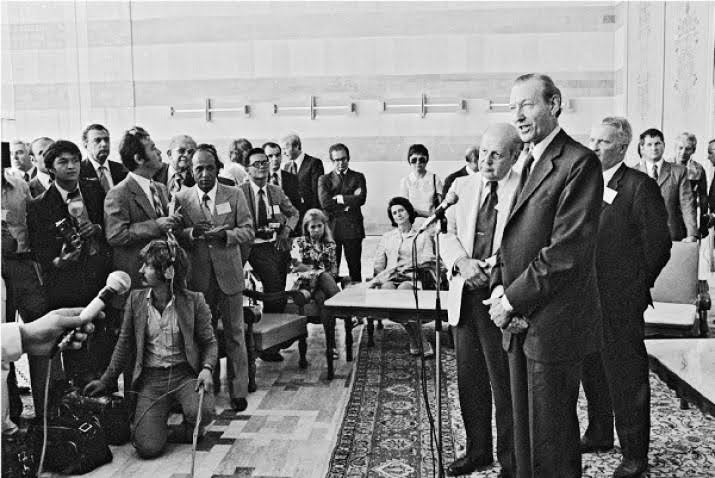
“A very small number of men control all the money and the ideas”: Women Revolutionize Population Programs in the 1970s
Women and technocratic elites clashed at the 1974 World Population Conference. At stake was women’s control over their own bodies.
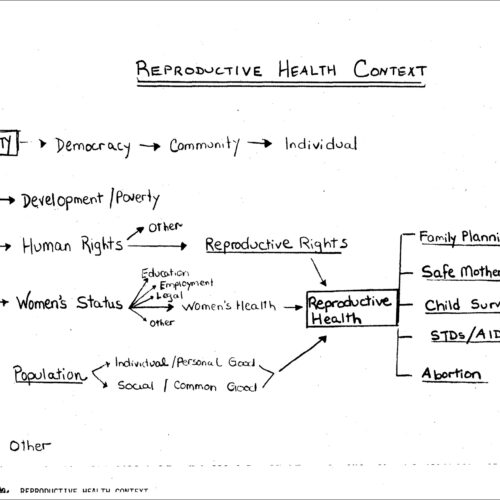
Centering Women’s Rights in the Population Field: The Ford Foundation and Sexual Health in the 1990s
A 1994 meeting moved women’s empowerment front and center for grantmaking in global population.
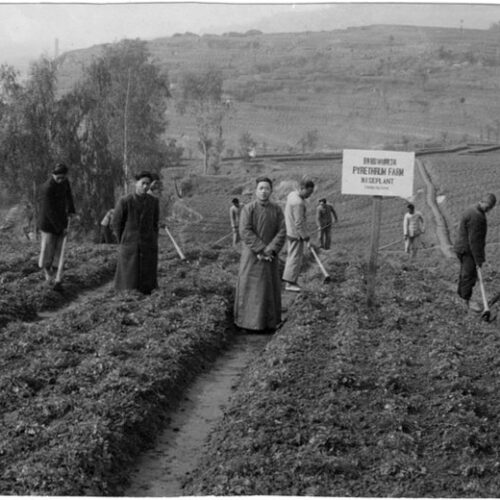
The Rockefeller Foundation’s Rural Reconstruction Program in 1930s China
In the 1930s, an ambitious program to reshape China was cut short by war, but offered a model for community development.
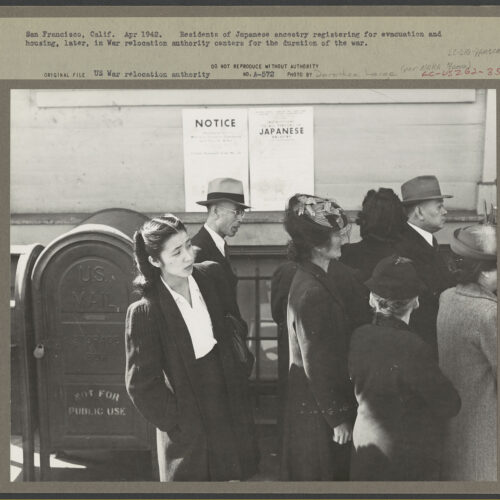
Documenting Injustice: Recording the Histories of the Japanese American Incarceration
The origins and legacy of a research project conducted in the American concentration camps for Japanese Americans.
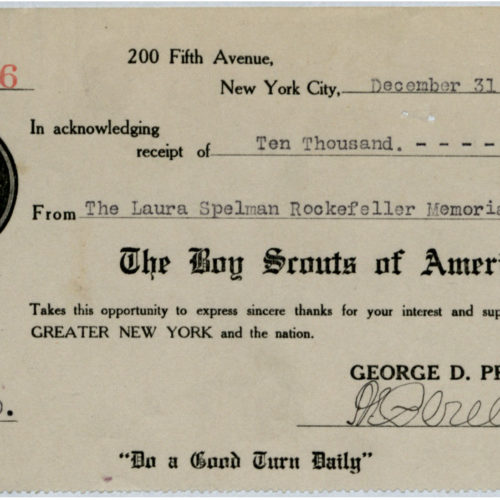
Legitimizing the Social Sciences: The Laura Spelman Rockefeller Memorial in the 1920s
What began as a philanthropic fund to honor its namesake became an early force in the social sciences.
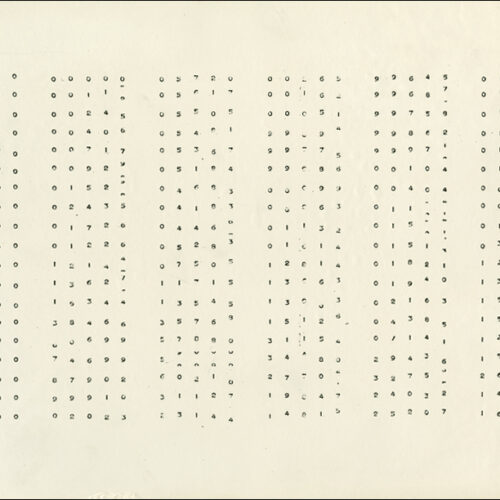
“A Roomful of Brains”: Early Advances in Computer Science and Artificial Intelligence
At midcentury, Rockefeller Foundation staffers hoped new technologies might find solutions to complex problems.
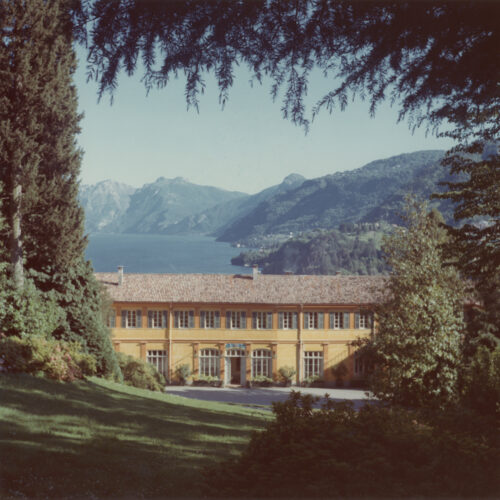
International Cooperation and Soft Diplomacy: The Rockefeller Foundation’s Bellagio Center
Convenings at Bellagio have tackled global challenges of every sort, from trade and finance to public health, agriculture, and food security.

The Birth of International Agricultural Research Institutes in the Mid-20th Century
Rockefeller Foundation agriculture programs begun in Mexico achieved global reach through four major research institutes. Building them was the result of partnership.
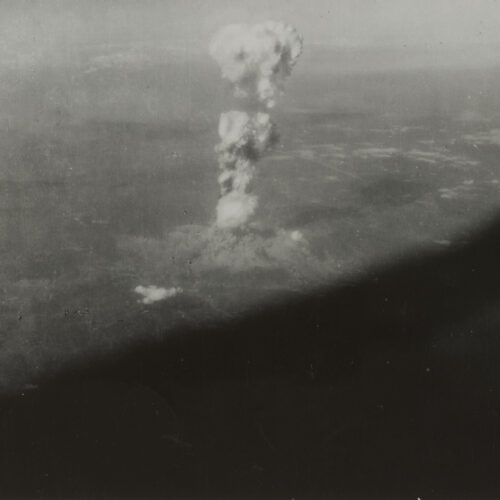
The Rockefeller Foundation’s Role in Creating the Atomic Bomb
In the aftermath, Foundation staff struggled to rectify their organization’s involvement with this weapon of mass destruction.
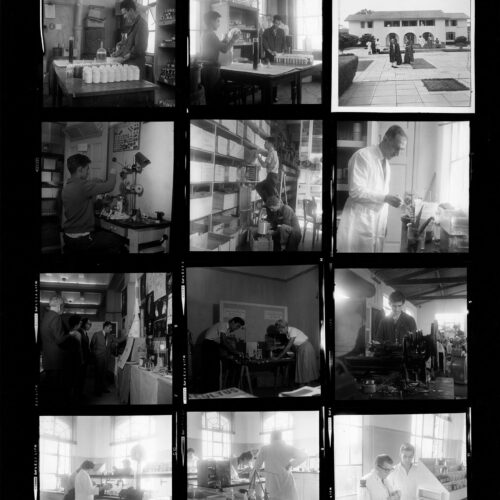
“Distasteful Regimes”: Authoritarianism, the Ford Foundation, and Social Sciences in Brazil
When the restrictive military regime that had taken power in Brazil in 1964 became even more repressive by 1969, staffers at the Ford Foundation found themselves facing a conundrum.